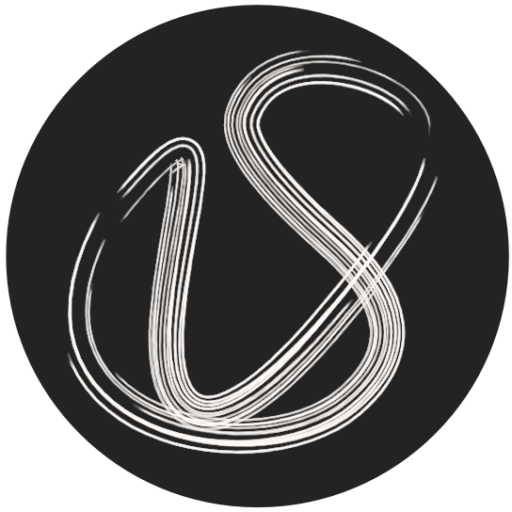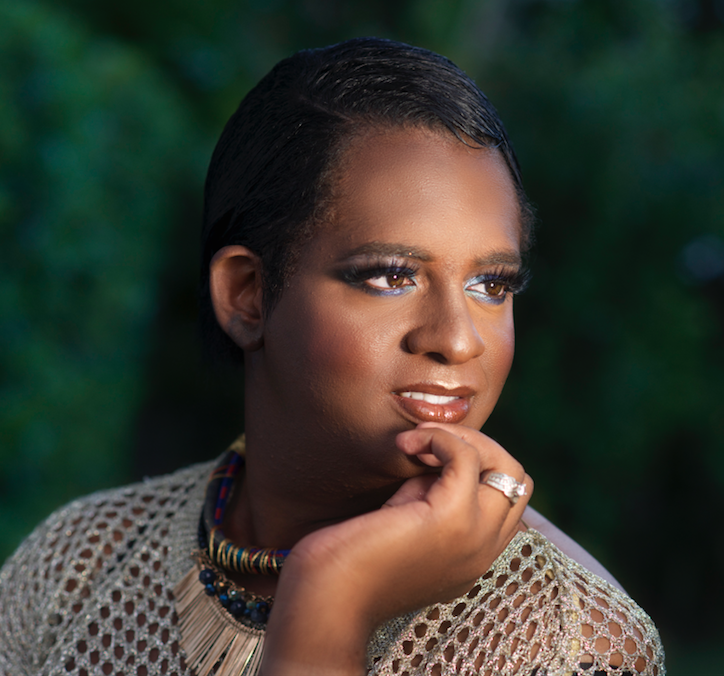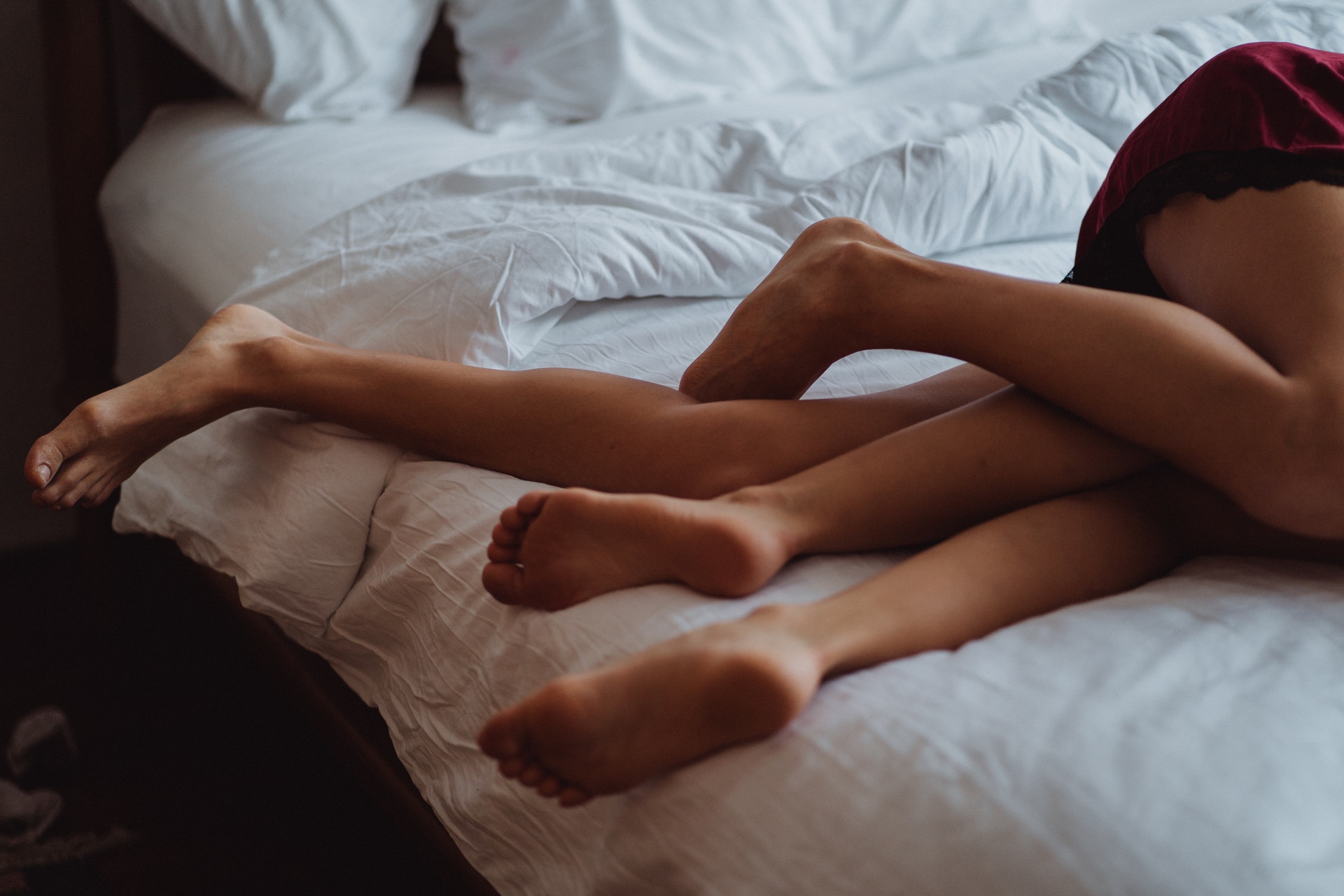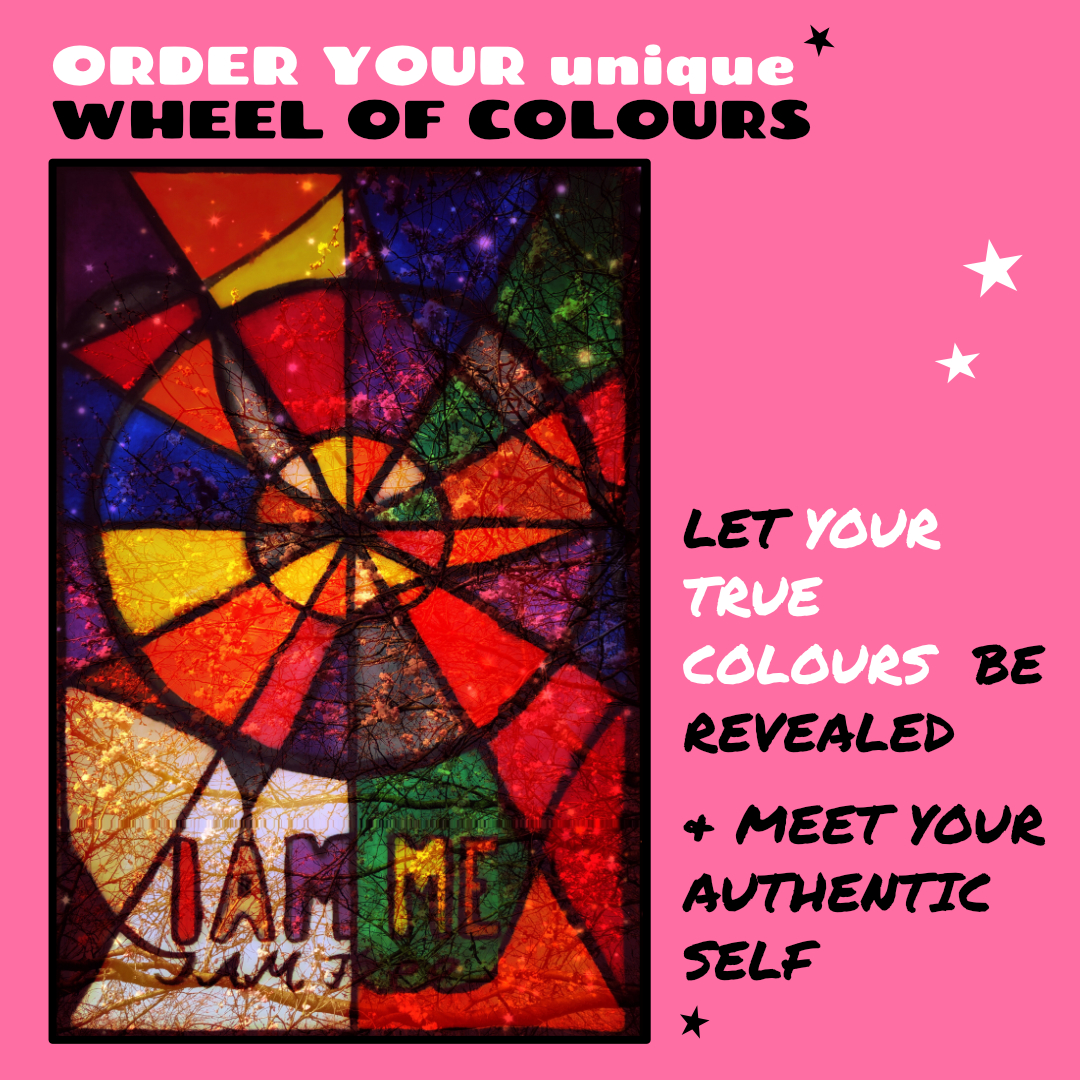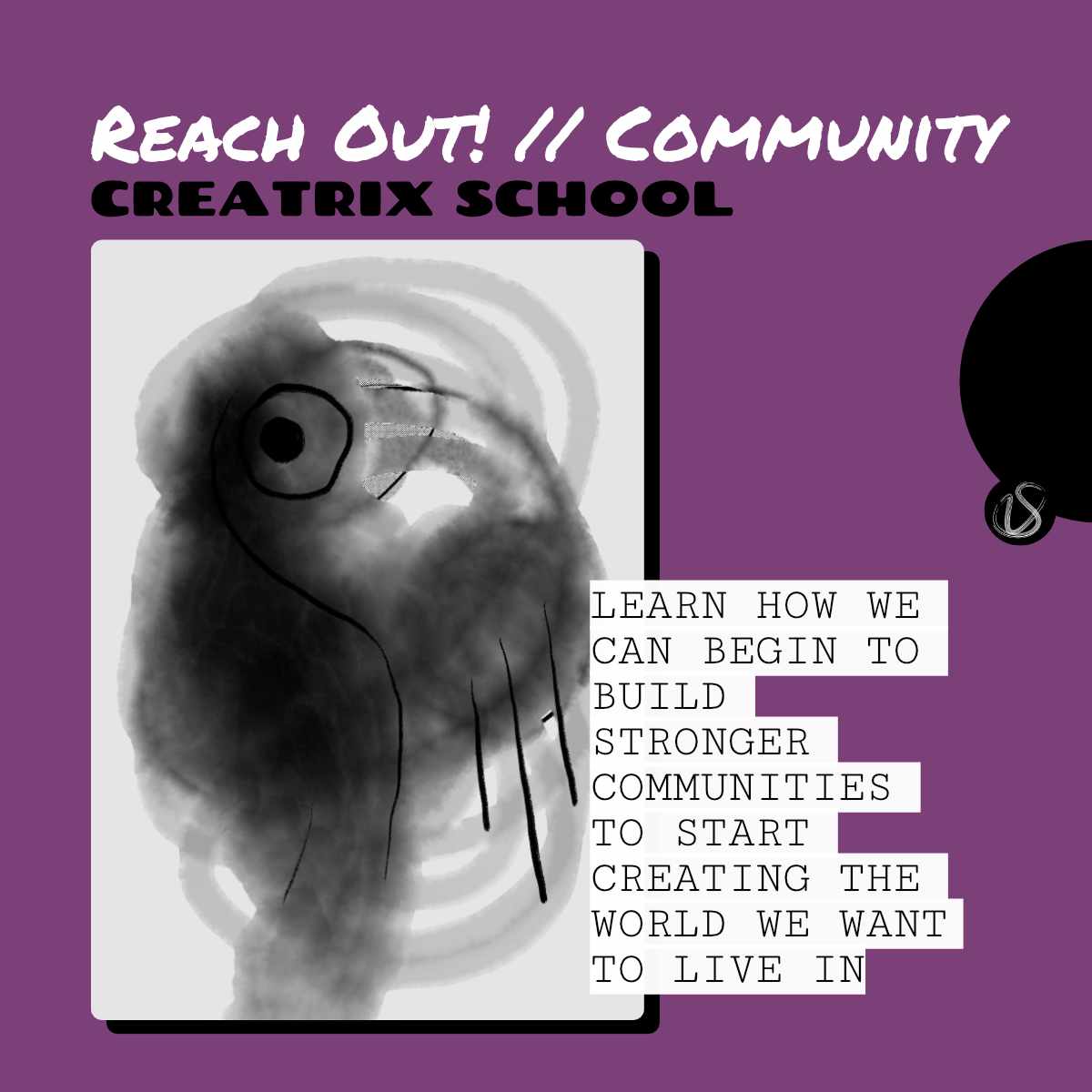Meet Alexa Hoffmann, one of the organizers of Barbados Pride.
On June 28th, 1969 the Stonewall Riots kicked off a larger gay rights movement in the USA.
In 1970, the first gay pride marches took place in New York, Los Angeles, San Francisco and Chicago – today pride parades are taking place all around the world.
In 2018, I wanted to know who the people organizing today’s pride parades are, what the marches mean to them, and met wonderfully powerful, loving and kind people from places, which might not be the first ones that come to mind, when we think of queer love.
See all Faces of Pride.
My name is Alexa Hoffmann, and I’m 24 years old. I turn 25 in December.
Since when have you been involved with Barbados Pride?
I was involved with Barbados Pride ever since the first pilot committee was assembled in 2015.
That initiative was to test the waters to see how feasible an LGBT Pride weekend would be in a social climate like Barbados, which is often fuelled by religious rhetoric speaking vehemently against LGBT persons, and boosted by imported “Murder Music” advocating just that – the violent deaths of LGBT persons.
Barbados Pride came off well, with interest mainly being shown by other LGBT persons, advocates and Allies, so we knew there was interest on the ground.
We had our first official Barbados Pride in 2017, retaining some members of the pilot Pride Committee, and making it an affair owned by the LGBT community, for the benefit of the LGBT community.
Why do you think Barbados Pride is important?
In a society such as Barbados, where religious ideologies and pop culture influence prejudice against LGBT persons, Pride stands as a statement by those who participate that they will not bow to the shame anticipated by those who are against the idea of us being treated as equals in society.
It stands as a rallying cry amongst ourselves to come together and support and uplift each other, thus aiding the mental and social wellbeing of our community members in Barbados, and creating and strengthening bonds which will come in handy as we try to advocate for a better Barbados for LGBT persons.
What is one (or two) remarkable thing(s) that has/have happened at Barbados Pride?
In my mind, two remarkable things about Barbados Pride were that both the pilot Pride and the inaugural Pride went without incident – we were able to secure police presence for the first ever LGBT Walk for Human Rights in the anglophone Caribbean, and had their full support and assistance during the event, and we did not deal with any interruptions such as gatecrashing or counter protesting by religious organisations.
Secondly, we were able to receive diplomatic support, as the Canadian High Commissioner in Barbados graciously agreed to host the launching ceremony of Barbados Pride, and showed a great interest in supporting our endeavours.
Her Excellency Marie Legault attended our movie night during the inaugural Pride, and she has even lent her presence and support as we launched a Petition with the Inter-American Commission on Human Rights regarding legislation which criminalised various forms of intimacy, but was mainly used to target LGBT persons.
(While the Petition is not related to Pride, the fact that we had the Canadian High Commission’s support subsequent to Pride is an example of some of the bonds and connections which are created through Pride)
What do you do when you are not organizing Barbados Pride?
When I’m not organising Barbados Pride, I’m either drowning myself in work as a Legal Assistant or traveling to other countries to further my advocacy efforts not only on behalf of the wider LGBT community, but focusing on advocating for the social equality and equity of Trans persons.
I am actually the founder and Director of Trans Advocacy & Agitation Barbados, an organisation which I started after becoming involved with other advocates in Latin America and the Caribbean whose work also focused on Trans persons.
My work in TAAB has ranged from efforts in sensitising the Royal Barbados Police Force on how to interact with members of the LGBT community, particularly when there are complainants of abuse and violence, to impromptu “Flash Stands” held opposite the Parliament Buildings in Bridgetown, Barbados’ capital city.
The Flash Stands are an opportunity to get people to stop and reflect on those who are mistreated because of differences in diversity, and to encourage our society to change the way they see and treat LGBT persons.
What do you like to do in your free time?
Being that I’m a workaholic, I don’t always have much free time after working, eating and sleeping, but when I do, I usually spend that time watching documentaries on historical matters, crime and law (I’m a Forensic Files freak), listening to music (I’m a sucker for the likes of Celine Dion, Michael Jackson, Kenny G. and Tina Turner, to name a few) and engaging in anything that’ll give me a hearty laugh, whether I’m posting outrageous comments on discussions with friends, watching comedy shows (Kathy Griffin and Gabriel Iglesias for the win!) or just looking up dumb stuff that will make me cackle in disbelief.
Is there something you would like to say to the rest of the LGBT+ community?
Yes, it gets better, but only if you make a move to make things better. You don’t have to make history or be a trailblazer.
Every act of advocacy starts out small – participating in a protest (even with a mask and a change of clothes on), asking that hard-hitting question (or giving the equally poignant statement of your reality as a marginalised individual) and directing it at the one religious zealot in the LGBT panel discussion whom you’ve just had enough of, even lending a helping hand to that friend who is trying to better themselves, but can’t due to stigma and discrimination – that makes you an advocate, because you’re giving voice to yourself and to those who may otherwise be unable to speak up and stand up for themselves.
Every day you live as you see yourself and as you are comfortable with yourself, you are walking in your own truth, and you resurrect yourself in spite of all the abuse that may abound you.
Injuries heal, lost earnings are regained, but your self-respect and mental health are irreplaceable and very difficult to heal. Fight with your all to protect those two, and eventually the rest will follow. Resilience is the name of your game.
Follow Barbados Pride:
Facebook Barbados Pride | Facebook Alexa
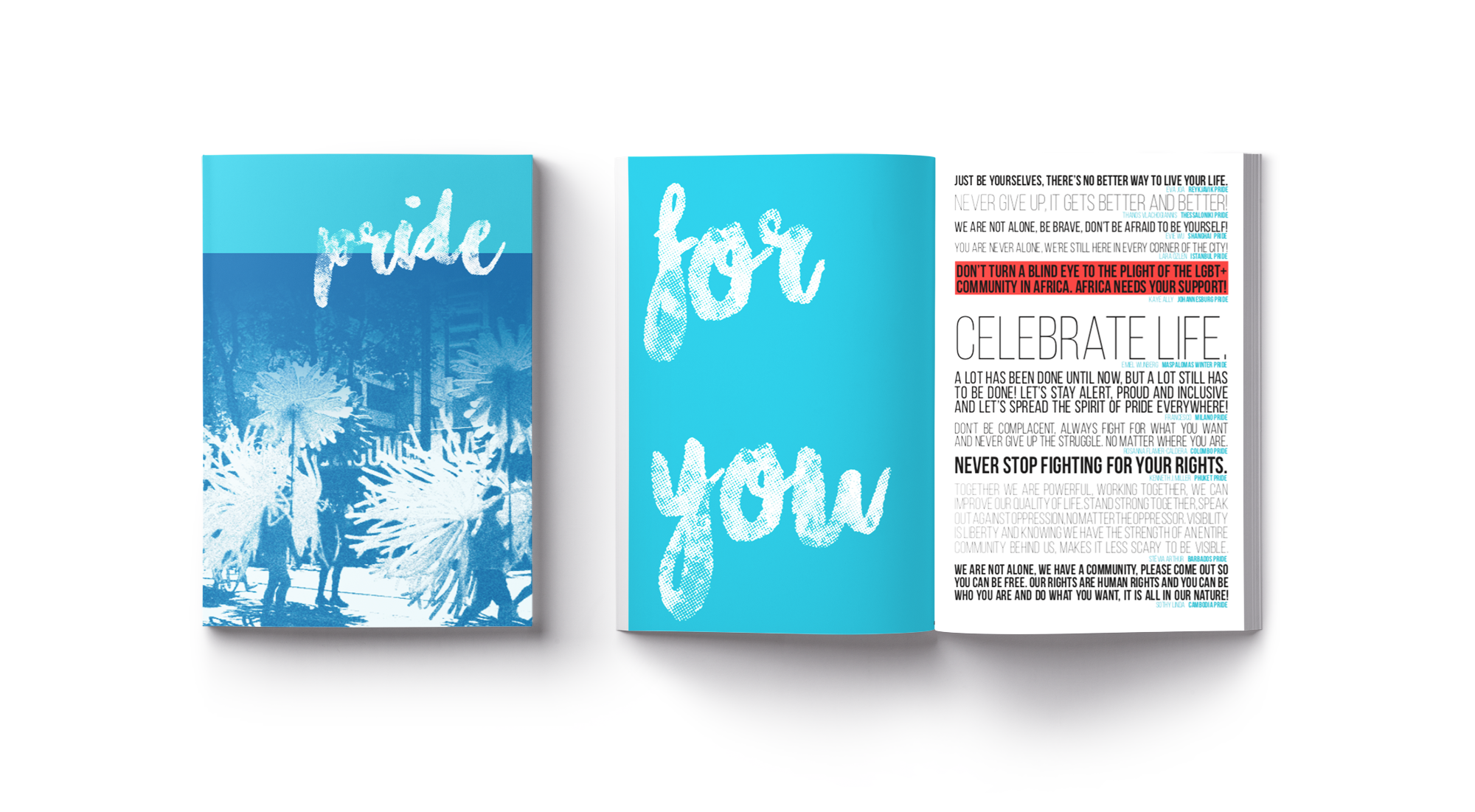
DOWNLOAD FREE PRIDE ZINE
[convertkit form=3372792]
Not different, just love
How do you feel when it comes to dealing with our emotions, expectations and responsibilities, around coming out, living as a LGBTIQ+ person and when it comes to our families and love in general?
